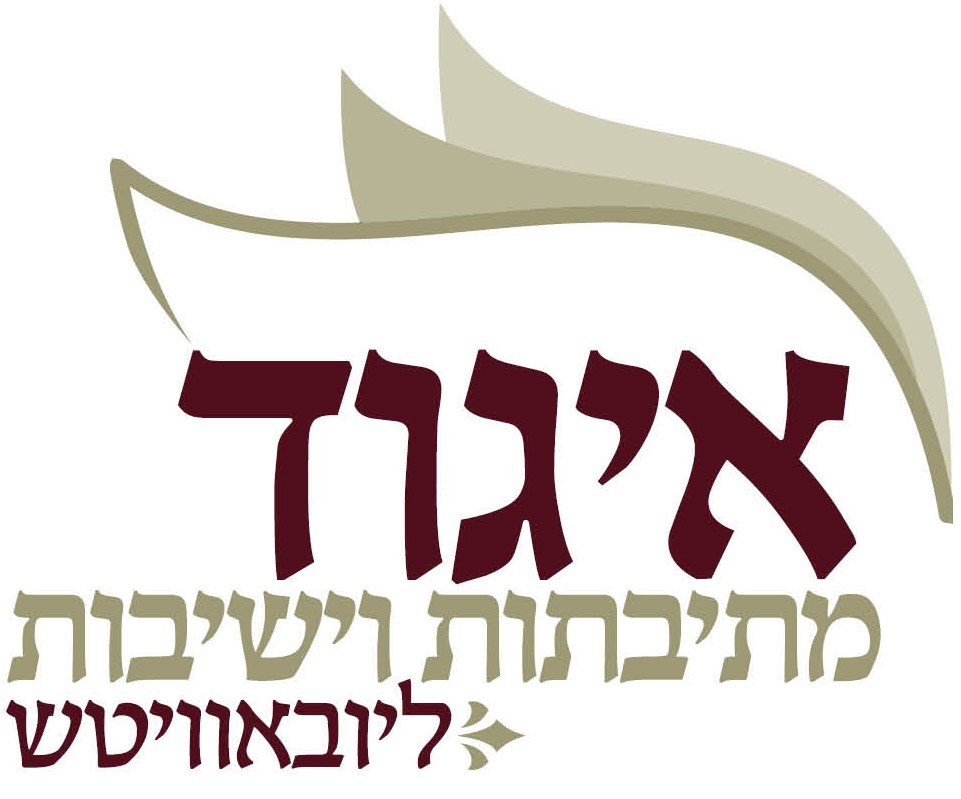Imagine if you never learned the Torah as a story.
Imagine if you never learned “בראשית ברא אלוקים את השמים ואת הארץ“ as “In the beginning Hashem created the heavens and the earth”, rather you only learned “Hashem created the world for two entities – so that Yidden should keep the Torah”, or “He created a land which is holier than all the others”… or “He created the physical and the spiritual”, etc. etc.
Imagine if you only saw the Chumash as a combination of letters and words each letter, word, and symbol containing an energy of creation, and deep meaning.
Imagine if you opened the Chumash with the sole purpose of understanding these deep meanings.
***
Abayei sat at the head of the room in the prestigious Beis Medrash in Pumpedisa (Today Fallujah, Iraq), as the “Makri”, the individual reading the Mishna for all to hear read loudly: “Rebbi Eliezer Ben Hurkinus taught that one may carry their sword on their belt on Shabbos”.
“What is the reason for this? Asked a Talmid,
“What is the need for a sword on Shabbos, is it not ‘Hotzoa Mireshus L’Reshus’?
“Ah”, responded Abayei, “because a sword is not kept on one’s belt solely for killing and enemy, a sword is actually an ornament. It adds dignity to a person.
“And I know this from Dovid Hamelech in Tehillim, he writes “חֲגוֹר חַרְבְּךָ עַל יָרֵךְ גִּבּוֹר הוֹדְךָ וַהֲדָרֶךָ“, – Strap your sword on your thigh, mighty one: your splendor and your majesty.
“You see”, says Abayei, Dovid Hamelech himself calls ones sword their “Splendor and majesty”, and one may walk outside on Shabbos with that which enhances their appearance”.
Around one-hunderd years later, in that very Yeshiva, they sat learning that very same Mishna, and Rav Kahana, who would later himself be the Rosh Yeshiva asked the assembled if anyone had ever heard an explanation as to Rebbi Eliezer’s reasoning.
“Yes”, said one of the Amoraim, and preceded to convey the reasoning presented by Abayei, and the Posuk proving his thinking.
“Hold it”, said Rav Kahana, “Dovid Hamelech is not talking about a literal sword, that Posuk is referring to always reviewing our learning”.
Marei, who’s father Rav Huna learned from Abbayei himself, intergected, “you are correct; it is also referring to that, but always remember, that whatever the deeper meaning, אין מקרא יוצא מידי פשוטו – the literal meaning always remains”.
“Wow”, answered Rav Kahana,
“I learned everything there was to learn by the time I was 18, yet until now I never knew that the literal meaning always remains.”
Though, at this point in time it may seem strange that anyone, no less an Amora, never learned Chumash to know that Yosef Hatzadik actually went down to Mitzraim, or that Hashem actually created the world in six days?
It is a striking example of what Torah truly is.
Yes, it is a story, and very much factual history, but at the same time it is far deeper than the story itself, it is the energy-code of creation, which has infinite levels of meaning.
To the point that an Amora himself had never in his life focussed on the literal meaning.
It is our purpose in this world as Yidden, to reveal the deeper meanings.
Focussing solely on “Peshutoi”, on the literal translation, such as reading it for history, is not only a mistake, it takes away from the actual meaning.
[Important to note the word soley]
***
One of the terrible things we commemorate tomorrow (עשרה בטבת) is the translation of the Torah into Greek.
Translating the Torah, allowed us to get lost into the “story”, or literal translation of the Mitzvos, and lose the focus of the on the Kedushas Hatorah, Kedushas Haosiyos, the holiness and deep meaning of each letter, word ‘Tag’, and even ‘Trop.
It caused people to think that anyone can learn and understand it, as to their minds it is a wisdom like the others, perhaps even more profound than the others, yet a wisdom which is accessible to all who want to study it.
But it is not.
It is the Chayus of the world, and truly understood only to the Am Hanivchar, who learn it Bikedusha.
